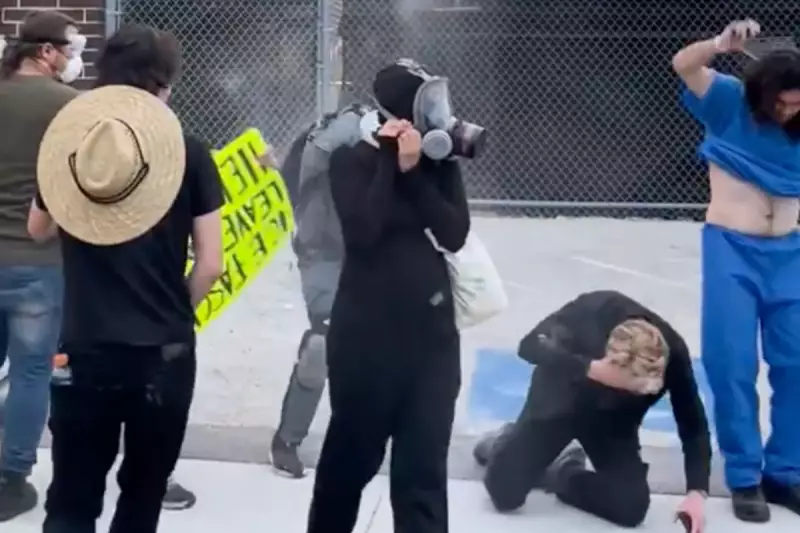
A Chicago church minister who was shot by Immigration and Customs Enforcement (ICE) agents during a contentious operation is now pursuing legal action against the US government, alleging severe violations of his constitutional rights.
The incident, which occurred during a raid that has sparked widespread controversy, has evolved into a significant legal battle testing the limits of First Amendment protections during immigration enforcement operations.
The Confrontation That Sparked a Legal Battle
According to court documents, the minister was engaging in pastoral duties when ICE agents conducted what activists describe as an aggressive enforcement operation. The situation escalated dramatically when agents opened fire, leaving the religious leader with serious injuries.
Legal representatives for the minister argue that the shooting represents not just excessive force but a fundamental breach of constitutional safeguards protecting religious expression and assembly.
Constitutional Questions at the Heart of the Case
The lawsuit positions itself at the intersection of immigration enforcement and civil liberties, raising critical questions about:
- Whether First Amendment rights extend to religious observers during law enforcement operations
- The appropriate use of force during immigration raids
- Accountability mechanisms for federal agents operating in religious spaces
- The balance between enforcement priorities and constitutional protections
Broader Implications for Immigration Enforcement
This case emerges against a backdrop of increasing scrutiny of ICE's operational methods and their impact on community trust. Legal experts suggest the outcome could establish important precedents governing how federal agents conduct operations in sensitive environments, including places of worship.
The minister's legal team contends that the shooting has had chilling effects on religious communities, potentially discouraging clergy from fulfilling their pastoral responsibilities in areas where immigration enforcement is active.
As the case progresses through the federal court system, it promises to examine not just the specific circumstances of the shooting but broader questions about the boundaries of enforcement power in a democratic society committed to both security and liberty.






